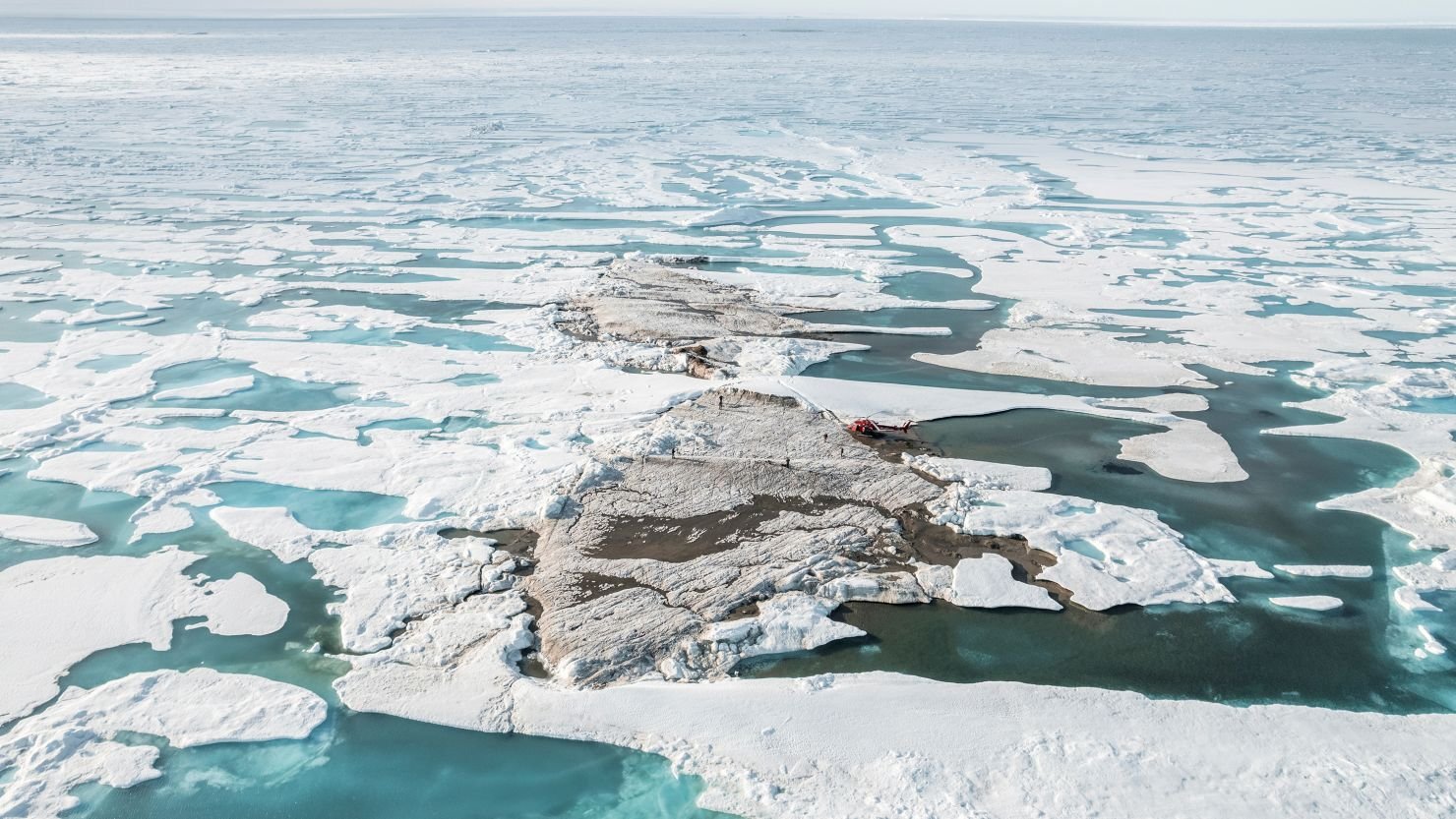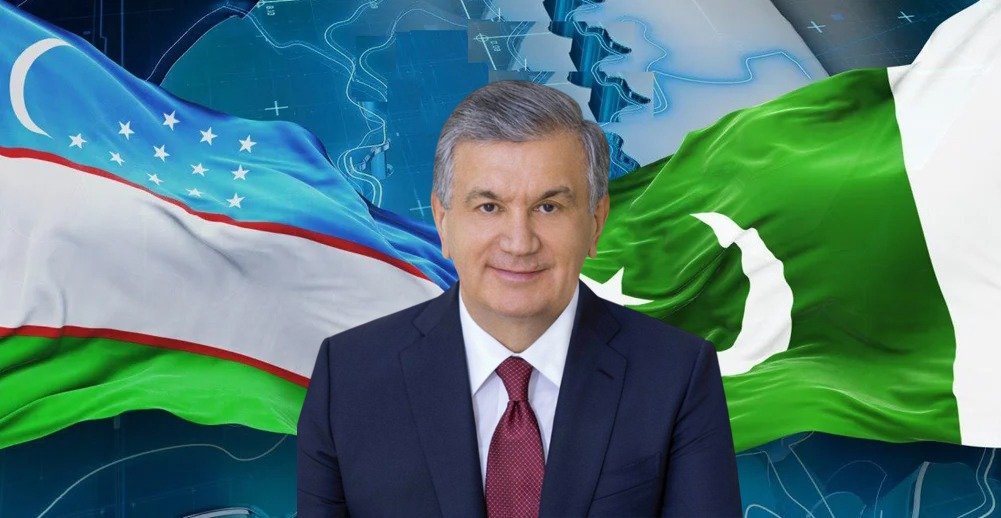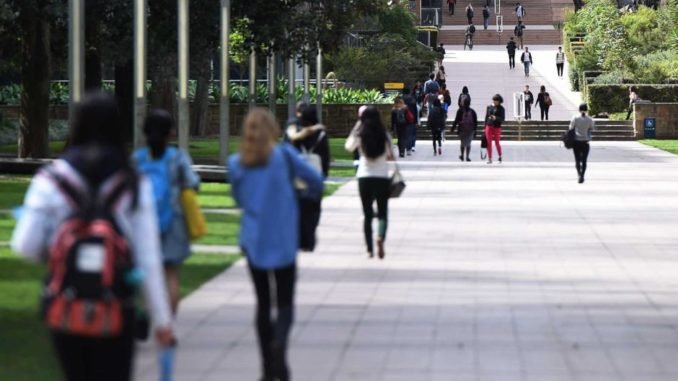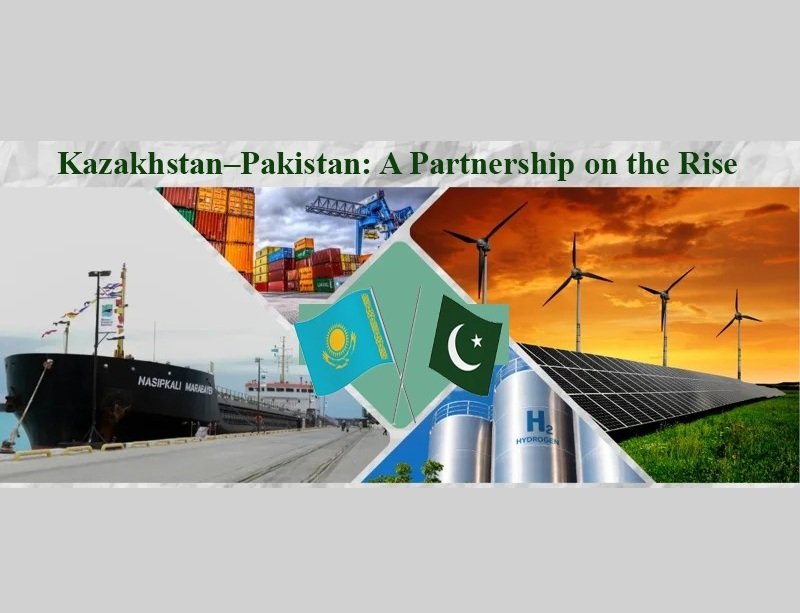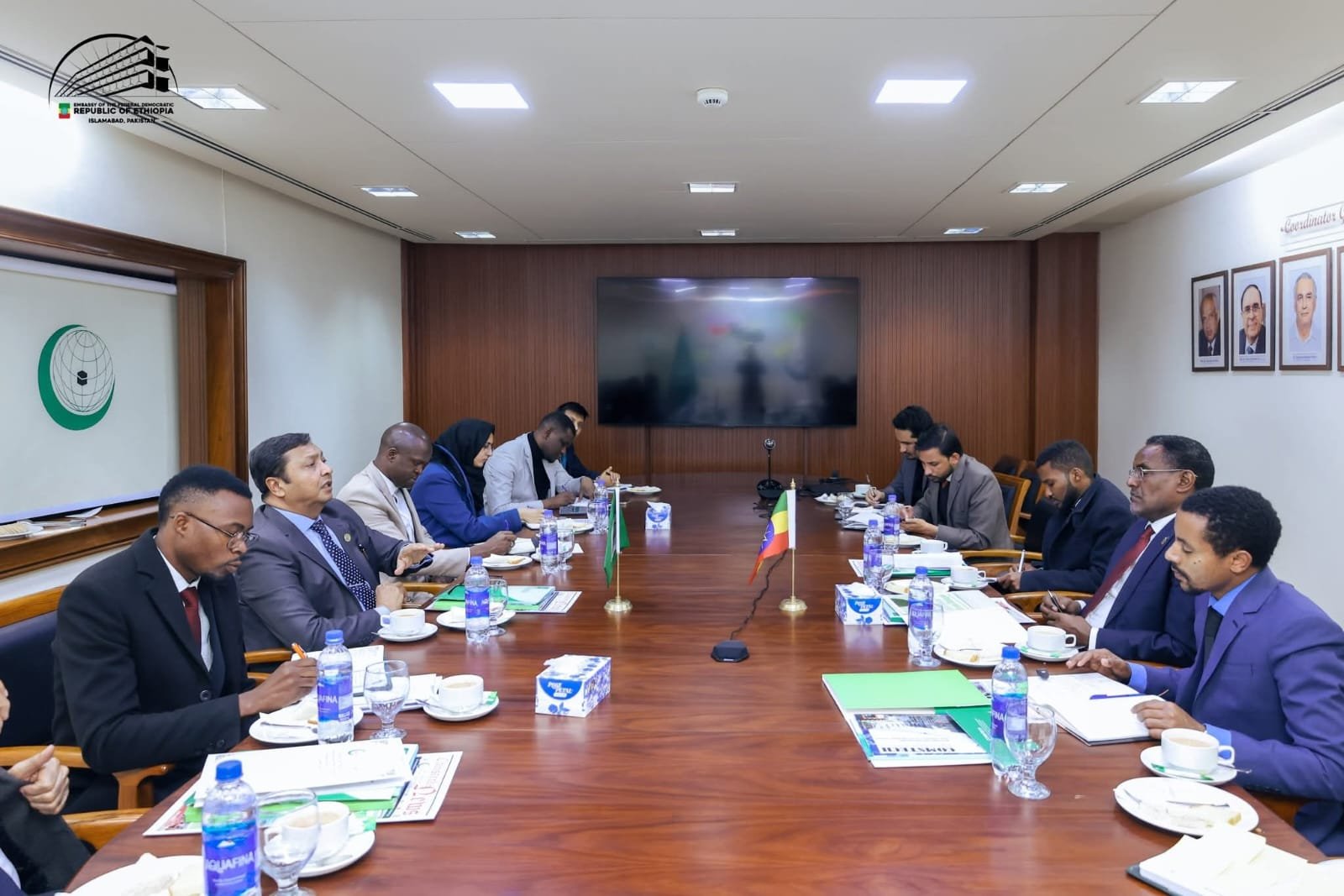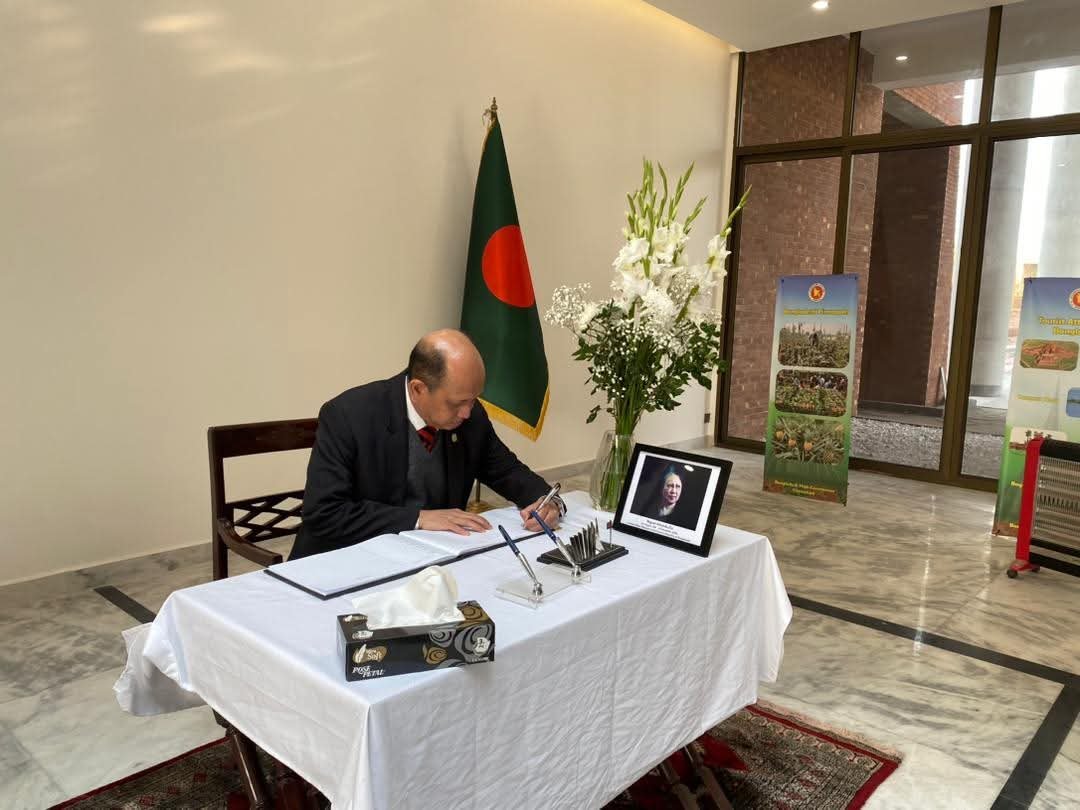During his recent state visits to France, Belgrade, Serbia, and Hungary from May 5th to 10th, Chinese President Xi Jinping aimed to reinvigorate and deepen relations between China and Europe, marking the beginning of the latest example of China’s major-country diplomacy that deepened engagement and mutual understanding and contributed to the profound changes and deepening connections between China and Europe. President Xi’s visit to Europe not only seeks to address these challenges but also aims to foster warmer relations and build bridges of friendship and cooperation between China and France, Serbia, and Hungary, fostering aspirations for enhanced friendship and collaboration.
With the robust efforts of the President Xi Jinping to enhance multilateralism and mutual cooperation in the world, the leadership is paying key attention to expanding friendly relations for peace, modernization, and development.
During his engagements with French President Emmanuel Macron, President Xi emphasized key areas for enhancing cooperation between France and China, with a focus on cultural exchange, environmental preservation, and the establishment of new multilateral regulations. President Xi stressed the need for cultural engagement while highlighting the imperative of environmental protection for future generations, an issue that resonates particularly strongly among the youth. President Xi reiterated the importance of mutual learning and exchange between civilizations, emphasizing the potential for coexistence and collaboration to contribute to global peace, development, and progress and affirming China’s unwavering commitment to fortify people-to-people exchanges, deepen economic ties, and foster positive mutual recognition, thereby fortifying the bonds of friendship at the grassroots level.
President Xi also delved into discussions regarding the Middle East situation, emphasizing the strategic significance of resolving the Palestine-Israel conflict and charting a course for future peace processes. These discussions underscored the timeliness, comprehensiveness, and clarity necessary for navigating such complex geopolitical issues. His visit focused on consolidating traditional friendships, nurturing political trust, forging strategic consensuses, and deepening exchanges across multifarious sectors, thereby illuminating the path forward with the beacon of history and charting a trajectory towards an even brighter future while contributing substantively to global peace, stability, and development.
In Hungary, President Xi’s discussions with Prime Minister Viktor Orban resulted in the elevation of bilateral ties to an “all-weather comprehensive strategic partnership,” signifying the highest level of cooperation between the two countries.
The two sides spoke highly of the development of the China-Europe Railway Express between China and Hungary and agreed to establish an inter-governmental cooperation mechanism on the China-Europe Railway Express, promote infrastructure connectivity, and jointly take practical measures to ensure the security of the transport routes and improve the quality and efficiency of the China-Europe Railway Express, so as to provide important support for deepening economic and trade cooperation between the two countries.
The comprehensive strategic partnership between China and Hungary encompasses various sectors, including infrastructure construction, agriculture, the digital economy, and green development, offering new opportunities for economic and trade cooperation between the two countries. Additionally, their collaboration under the Belt and Road Initiative (BRI) further strengthening their ties and setting a positive example for cooperation between China and other European nations. Hungary acts as a bridge between East and West, coupled with its proactive engagement in facilitating China-Europe trade and connectivity and bridging the gap between China and Europe. The establishment of the all-weather comprehensive strategic partnership for the new era serves as a catalyst for injecting renewed momentum into bilateral relations, fostering a brighter future for their peoples, and fostering mutual prosperity.
President Xi Jinping and Serbian President Aleksandar Vucic emphasized the enduring friendship between China and Serbia, rooted in shared experiences and common aspirations for mutual development and cooperation. Their discussions highlighted the importance of expanding economic and trade cooperation while finding common ground on regional and global issues and manifesting a shared commitment to fostering mutual development and cooperation across diverse realms characterized by technological advancement and green energy cooperation, paving the way for strengthened bonds and prosperity for both nations.
The elevation of the strategic partnership between China and Serbia, underscored by a landmark free-trade agreement facilitating unimpeded trade flows, heralds a new dawn in bilateral relations while expanding our common interests in economic and trade cooperation by signing 28 cooperation documents and seeking common ground on regional and global prosperity, thereby positioning both nations to benefit and align with the global sustainability imperative. The signing of the free trade agreement opens new avenues for collaboration, presenting opportunities for both countries to leverage their respective strengths and enhance their ironclad friendship.
In conclusion, President Xi Jinping’s visits to France, Serbia, and Hungary signify a renewed commitment to strengthening ties between China and Europe, reflecting the shared aspirations for mutual development and prosperity. China continues to deepen its engagement, making greater contributions to building a community with a shared future for mankind and a more interconnected and prosperous world for generations to come.

Executive Director, Pakistan Research Center for a Community with Shared Future (PRCCSF).


